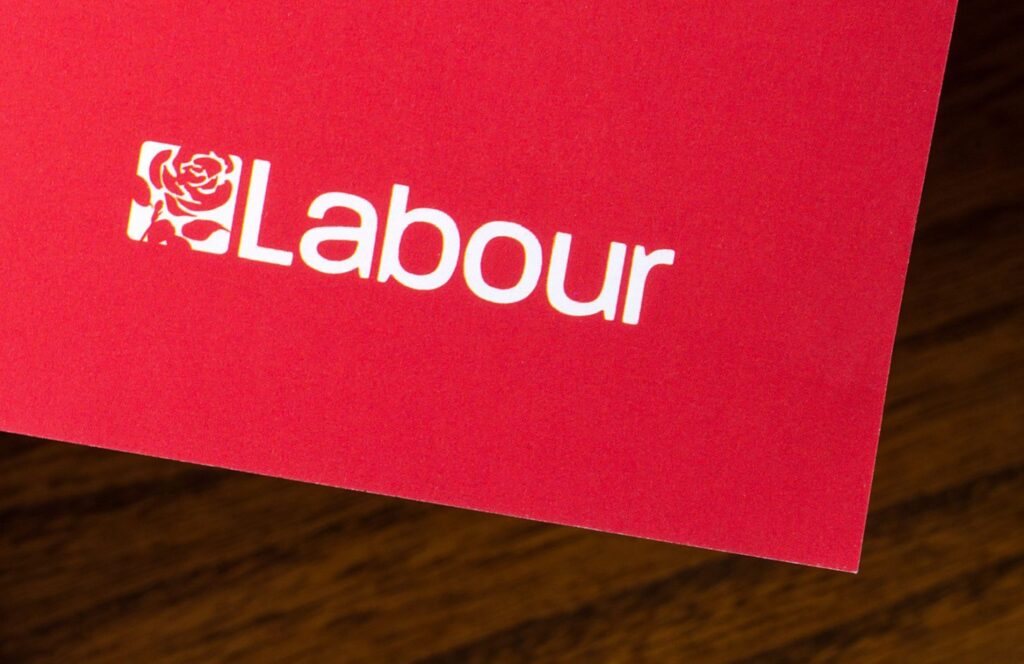Support for new data centres, long-term research and development funding and a reformed centralised regulator for new technologies are some of the key technology policy pledges in Labour's 2024 manifesto.
The Labour Party has published its 2024 manifesto ahead of the general election on 4 July.
Here are the key tech policies in the Labour manifesto that startups, investors and industry players need to know about.
Data Center Planning Reform
Labour said it would “remove planning barriers to new data centres” to ensure there is enough computing power for the UK's growing AI sector.
According to the Telegraph, the policy designates data centre projects as projects of “national importance”, meaning planning decisions will be made by ministers rather than local councils.
This will mean more data centres will be built on brownfield sites in greenbelts on the city's fringes – plans for a £2.5bn “hyperscale” data centre were blocked last year under current rules.
Labour also said it would set up a national data library “to consolidate existing research programmes and support the delivery of data-informed public services”.
Closing private equity tax loopholes
Labour said “private equity is the only industry where performance-related pay is treated as capital gains” and said it would close this “loophole”.
The manifesto did not provide any further details. The policy, first reported by The Times, would mean profits from private equity funds would be taxed as income rather than at lower capital gains rates.
According to the think tank Resolution Foundation, around 2,000 people receive carried interest every year, worth £2 billion a year, with an average benefit of £1 million.
Long-term research and development
Labour said the “short-term funding cycles” given to major research and development organisations should be scrapped in favour of a 10-year budget. Shorter funding cycles, of one to five years, have been criticised as hindering longer-term planning.
The party said it would also streamline the procurement process, another barrier to R&D innovation.
Regulatory authority
Labour criticised the current state of the regulator, saying it was “ill-prepared to deal with dramatic developments in new technology”.
The party said it would create a Regulatory Reform Office to consolidate existing government functions. Labor said the office would shorten approval times and improve coordination between regulations, allowing for faster, more up-to-date regulations.
Labour's shadow undersecretary Darren Jones previously told UKTN that the Conservative plans to regulate new technologies such as AI were inadequate because regulators were overworked and ill-prepared.
AI Safety
Labour has announced it will introduce new regulations on AI as part of its plans for tougher regulation.
Labour has said it intends to ban the creation of “sexually explicit deepfakes”, which are AI-generated sexually explicit images created to resemble real people without their consent.
Last year the House of Lords held a debate about the potential harms of the practice and how best to mitigate them.
Labour also said it would “introduce binding regulation for the small number of companies developing the most powerful AI models”.
UK Business Banking Reform
Labour said it would “reform the British Business Bank” to encourage greater investment in small businesses across the UK.
As previously announced in Labour's Funding for Growth and Start-Up, Scaleup Review reports, the party intends to give banks more autonomy and ensure that changes to their annual strategy do not require government approval.
The party also plans to introduce new key performance indicators to track the bank's progress in providing community funding.



